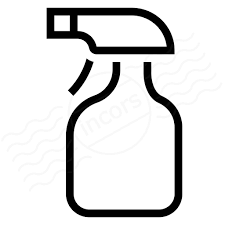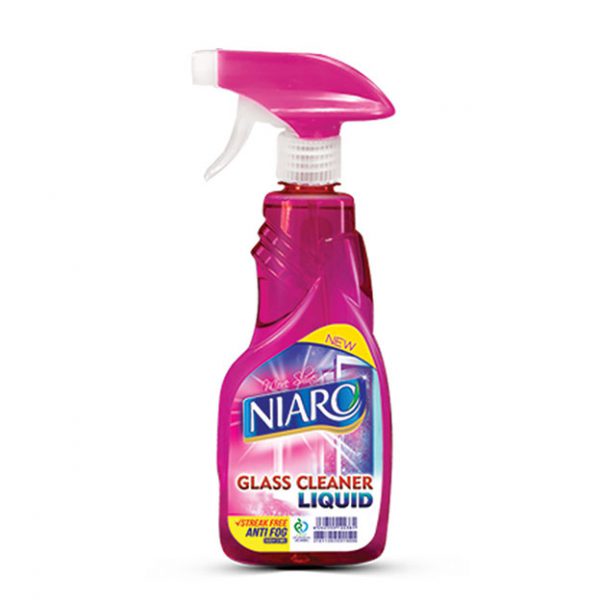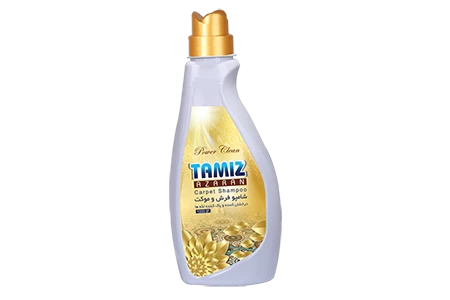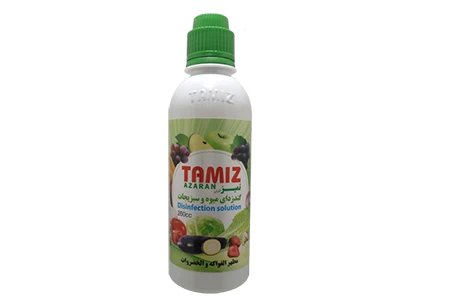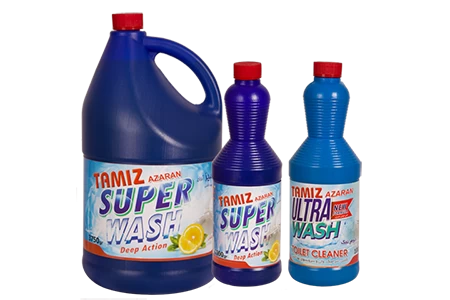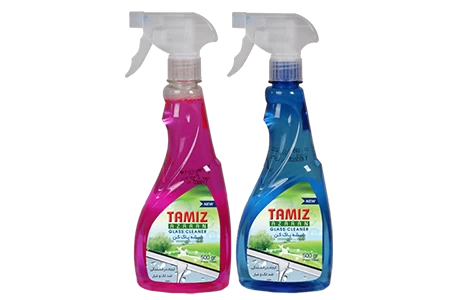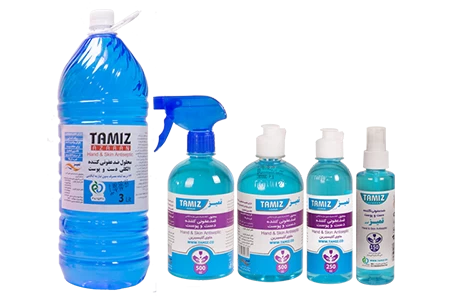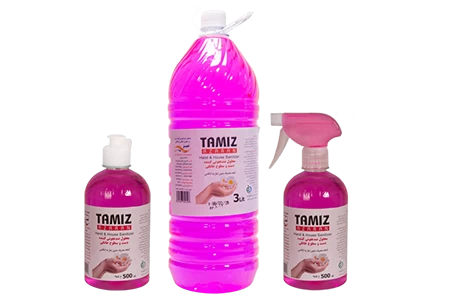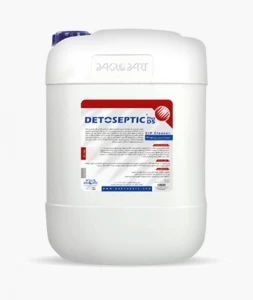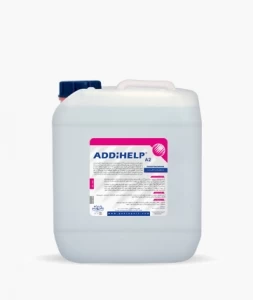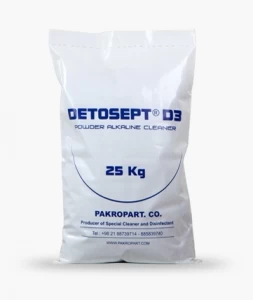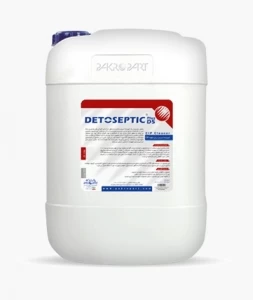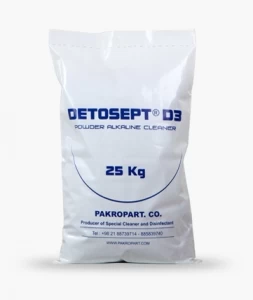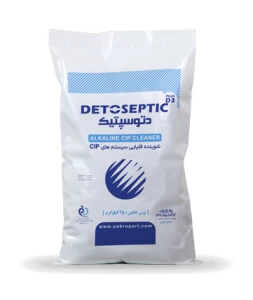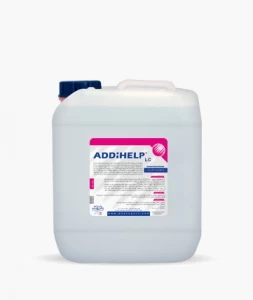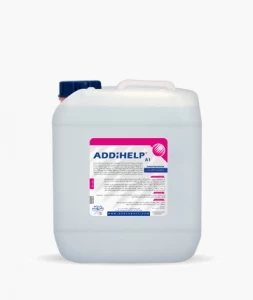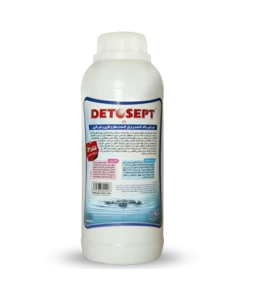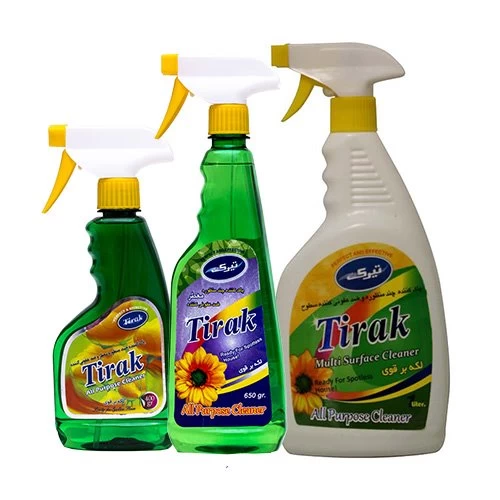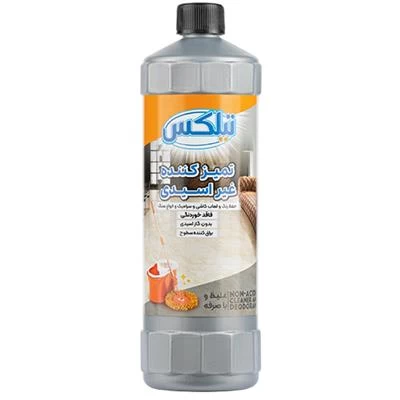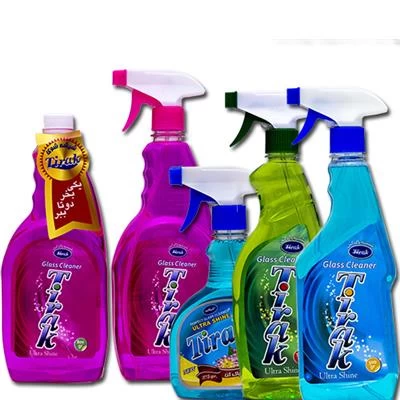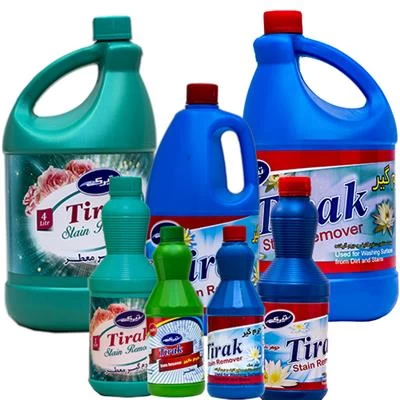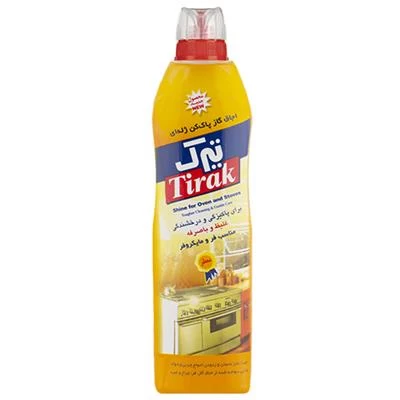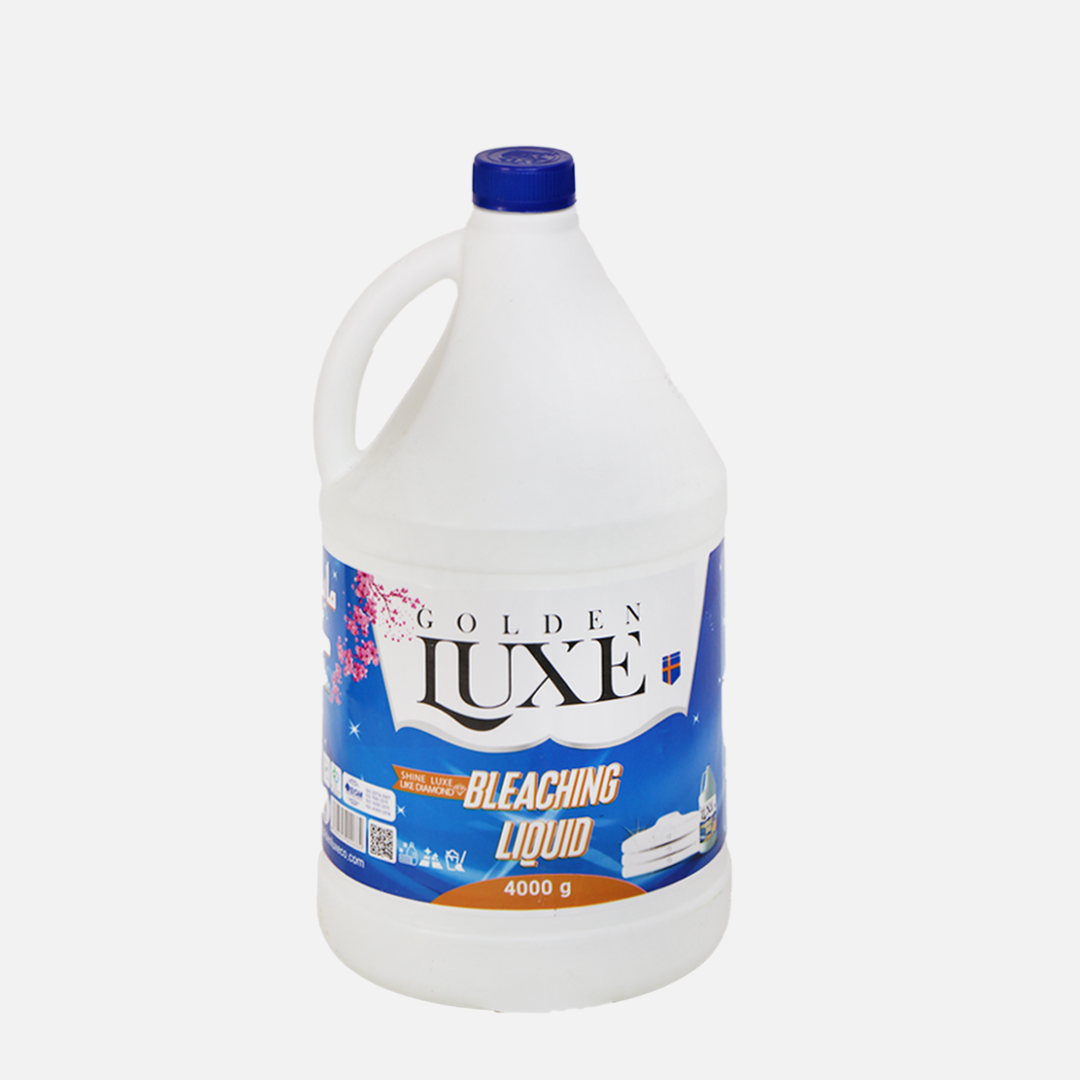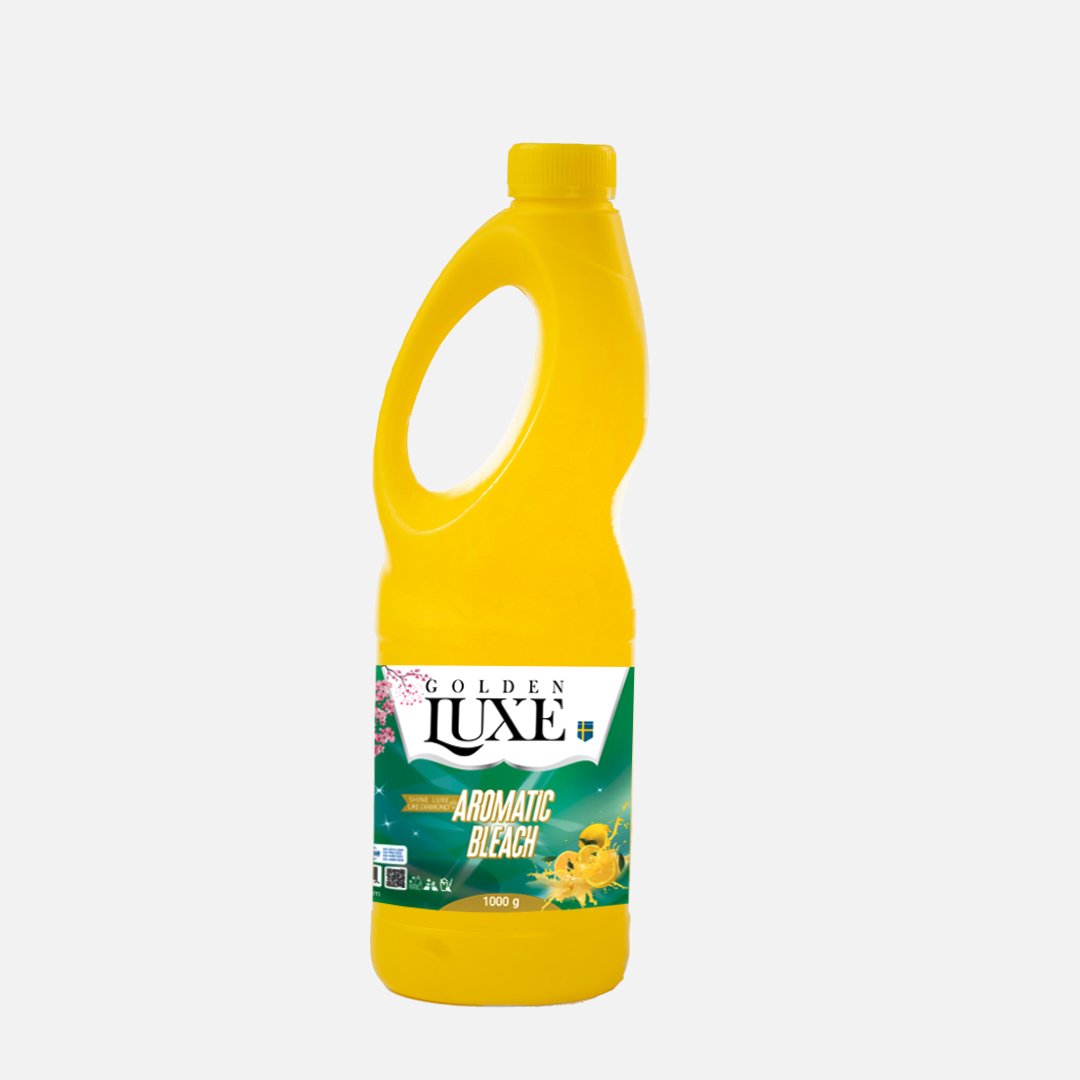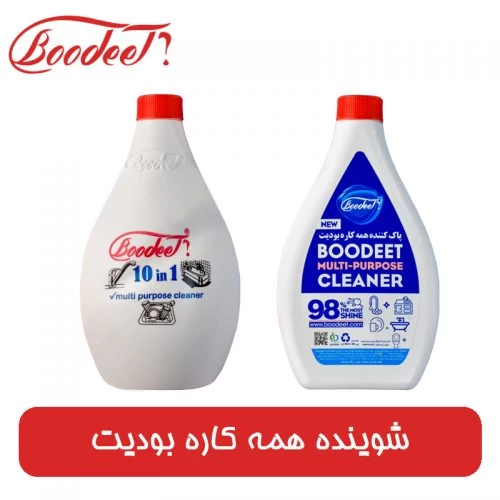Surface cleaning
Surface cleaning detergents are cleaning agents specifically formulated for effectively removing dirt, grime, grease, and stains from various surfaces in homes, offices, and commercial settings. They come in different forms, including liquids, powders, sprays, and wipes, and are designed for use on surfaces such as countertops, floors, walls, appliances, and fixtures.
Here are some key features and considerations regarding surface cleaning detergents:
1. Types of Surfaces: Surface cleaning detergents are suitable for a wide range of surfaces, including:
- Hard surfaces: such as countertops, ceramic tiles, stainless steel appliances, and glass surfaces.
- Soft surfaces: such as upholstery, carpets, rugs, and curtains.
2. Ingredients: Surface cleaning detergents typically contain a combination of surfactants, solvents, builders, and other ingredients that help break down and lift dirt and grime from surfaces. Some detergents may also contain disinfectants or antimicrobial agents to kill bacteria and germs.
3. Formulation: Surface cleaning detergents come in various formulations tailored to specific cleaning needs and preferences:
- All-purpose cleaners: suitable for general cleaning tasks on a wide range of surfaces.
- Kitchen cleaners: formulated to tackle grease and food stains commonly found in kitchen areas.
- Bathroom cleaners: designed to remove soap scum, hard water stains, and mildew from bathroom surfaces.
- Glass cleaners: formulated to provide streak-free cleaning on glass surfaces such as windows and mirrors.
- Disinfectant cleaners: containing antimicrobial agents to kill bacteria and viruses on surfaces.
4. Application: Surface cleaning detergents can be applied using various methods, including:
- Spraying: using a spray bottle to apply the detergent directly onto the surface.
- Wiping: using a cloth or sponge to apply and spread the detergent across the surface.
- Mopping: diluting the detergent in water and using a mop to clean floors and large surfaces.
5. Safety: It's important to follow the manufacturer's instructions and safety guidelines when using surface cleaning detergents. Some detergents may contain harsh chemicals that can irritate the skin or cause respiratory issues, so it's essential to use them in well-ventilated areas and wear appropriate protective gear if necessary.
6. Environmental Considerations: Some surface cleaning detergents are formulated to be environmentally friendly, using biodegradable ingredients and minimizing the use of harsh chemicals that can harm the environment.

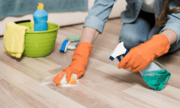
By considering these features and factors, you can choose the right surface cleaning detergent to effectively clean and maintain various surfaces in your home or workplace.
There are several types of surface cleaning detergents available, each formulated to tackle specific cleaning needs and preferences.
Here are some common types of surface cleaning detergents:
1.All-Purpose Cleaners: These are versatile cleaning agents designed to clean a wide range of surfaces, including countertops, floors, walls, appliances, and more. They are suitable for everyday cleaning tasks and effectively remove dirt, grease, and grime.
2. Kitchen Cleaners: Kitchen cleaners are formulated to tackle tough grease and food stains commonly found in kitchen areas. They are effective on surfaces such as countertops, stovetops, sinks, and appliances. Some kitchen cleaners may also contain degreasing agents to dissolve stubborn grease buildup.
3. Bathroom Cleaners: Bathroom cleaners are designed to remove soap scum, hard water stains, mold, and mildew from bathroom surfaces such as sinks, showers, tubs, and tiles. They often contain disinfectant agents to kill bacteria and germs commonly found in bathrooms.
4. Glass Cleaners: Glass cleaners are formulated to provide streak-free cleaning on glass surfaces such as windows, mirrors, and glass tabletops. They effectively remove fingerprints, smudges, and dirt without leaving behind residue or streaks.
5.Disinfectant Cleaners: These cleaners contain antimicrobial agents that kill bacteria, viruses, and other germs on surfaces. They are commonly used in high-traffic areas, hospitals, and healthcare facilities to disinfect surfaces and reduce the spread of infections.
6. Floor Cleaners: Floor cleaners are specifically formulated to clean and maintain various types of flooring, including hardwood, laminate, tile, vinyl, and linoleum. They effectively remove dirt, stains, and spills while leaving floors clean and shiny.
7. Multi-Surface Cleaners: Multi-surface cleaners are designed to clean multiple types of surfaces, including countertops, appliances, floors, and more. They offer convenience and versatility for various cleaning tasks around the home or workplace.
8. Specialty Cleaners: Specialty cleaners are formulated for specific cleaning tasks or surfaces, such as stainless steel cleaners, oven cleaners, carpet cleaners, upholstery cleaners, and leather cleaners. They are tailored to meet the unique cleaning needs of specific surfaces or materials.


These are just a few examples of the different kinds of surface cleaning detergents available, each offering unique formulations and features to meet specific cleaning needs and preferences.
Floor cleaners are specifically formulated cleaning agents designed to effectively clean and maintain various types of flooring surfaces. They come in different formulations and are tailored to meet the specific cleaning needs of different types of floors. Here are some common types of floor cleaners:
1. Hardwood Floor Cleaners: These cleaners are specially formulated to clean and protect hardwood floors without causing damage or leaving behind residue. They often contain gentle detergents and conditioning agents to safely remove dirt and grime while preserving the natural beauty of the wood.
2. Laminate Floor Cleaners: Laminate floor cleaners are designed to clean and protect laminate flooring without causing damage or dulling the surface. They typically contain mild detergents and surfactants to effectively remove dirt and streaks without leaving behind residue or film.
3. Tile and Grout Cleaners: Tile and grout cleaners are formulated to remove tough stains, dirt, and grime from ceramic, porcelain, and natural stone tile floors. They often contain powerful degreasers and surfactants to penetrate and lift stains from grout lines, leaving tiles clean and bright.
4. Vinyl Floor Cleaners: Vinyl floor cleaners are designed to clean and protect vinyl flooring, including vinyl plank, vinyl tile, and sheet vinyl. They typically contain gentle detergents and emulsifiers to remove dirt, stains, and scuffs without damaging the vinyl surface.
5. Linoleum Floor Cleaners: Linoleum floor cleaners are formulated to clean and maintain linoleum flooring, which is made from natural materials like linseed oil, wood flour, and cork dust. They often contain mild detergents and pH-neutral ingredients to effectively clean linoleum floors without causing damage or discoloration.
6. Stone Floor Cleaners: Stone floor cleaners are specifically designed to clean and protect natural stone flooring, such as marble, granite, limestone, and travertine. They typically contain pH-balanced formulas that are gentle on stone surfaces while effectively removing dirt, stains, and grime.
7. Concrete Floor Cleaners: Concrete floor cleaners are formulated to clean and maintain concrete floors, including polished concrete, stained concrete, and decorative concrete. They often contain degreasers and surfactants to remove dirt, oil, and grease stains from concrete surfaces.
8. Specialty Floor Cleaners: Specialty floor cleaners are designed for specific cleaning tasks or surfaces, such as hardwood floor polish, grout cleaners, stone sealers, and epoxy floor cleaners. They are tailored to meet the unique cleaning needs of specific floor types or materials.
These are just a few examples of the different types of floor cleaners available, each offering unique formulations and features to effectively clean and maintain various types of flooring surfaces. When choosing a floor cleaner, it's essential to select one that is compatible with the specific type of flooring you have and follow the manufacturer's instructions for best results.
- Soft surfaces: such as upholstery, carpets, rugs, and curtains.
- Kitchen cleaners: formulated to tackle grease and food stains commonly found in kitchen areas.
- Bathroom cleaners: designed to remove soap scum, hard water stains, and mildew from bathroom surfaces.
- Glass cleaners: formulated to provide streak-free cleaning on glass surfaces such as windows and mirrors.
- Disinfectant cleaners: containing antimicrobial agents to kill bacteria and viruses on surfaces.
- Wiping: using a cloth or sponge to apply and spread the detergent across the surface.
- Mopping: diluting the detergent in water and using a mop to clean floors and large surfaces.


There are several types of surface cleaning detergents available, each formulated to tackle specific cleaning needs and preferences.


Floor cleaners are specifically formulated cleaning agents designed to effectively clean and maintain various types of flooring surfaces. They come in different formulations and are tailored to meet the specific cleaning needs of different types of floors. Here are some common types of floor cleaners:
FAQs
What is the use of detergents?
Surface cleaning detergents are cleaning agents specifically formulated for effectively removing dirt, grime, grease, and stains from various surfaces in homes, offices, and commercial settings.
What are the ingredients of detergents?
Surface cleaning detergents typically contain a combination of surfactants, solvents, builders, and other ingredients that help break down and lift dirt and grime from surfaces.
Do the cleaners contain harmful substances?
Some detergents may contain harsh chemicals that can irritate the skin
What are floor cleaners for?
Floor cleaners are specifically formulated to clean and maintain various types of flooring, including hardwood, laminate, tile, vinyl, and linoleum.
 +7929688-88-14
+7929688-88-14

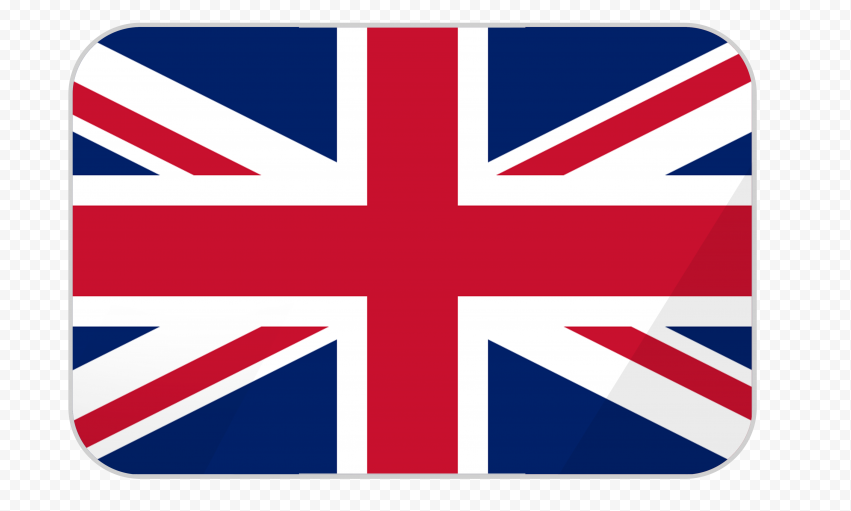 English
English
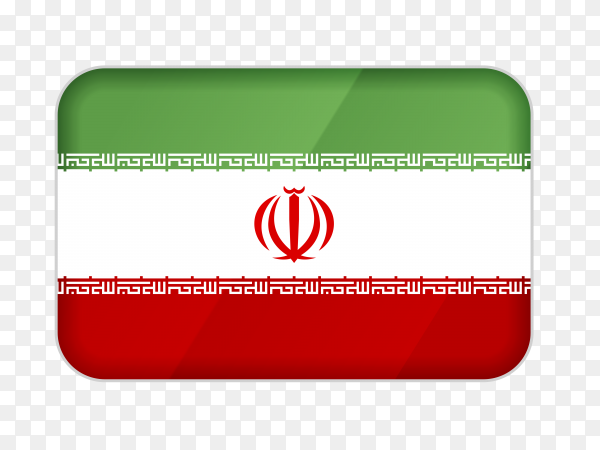 Persian
Persian
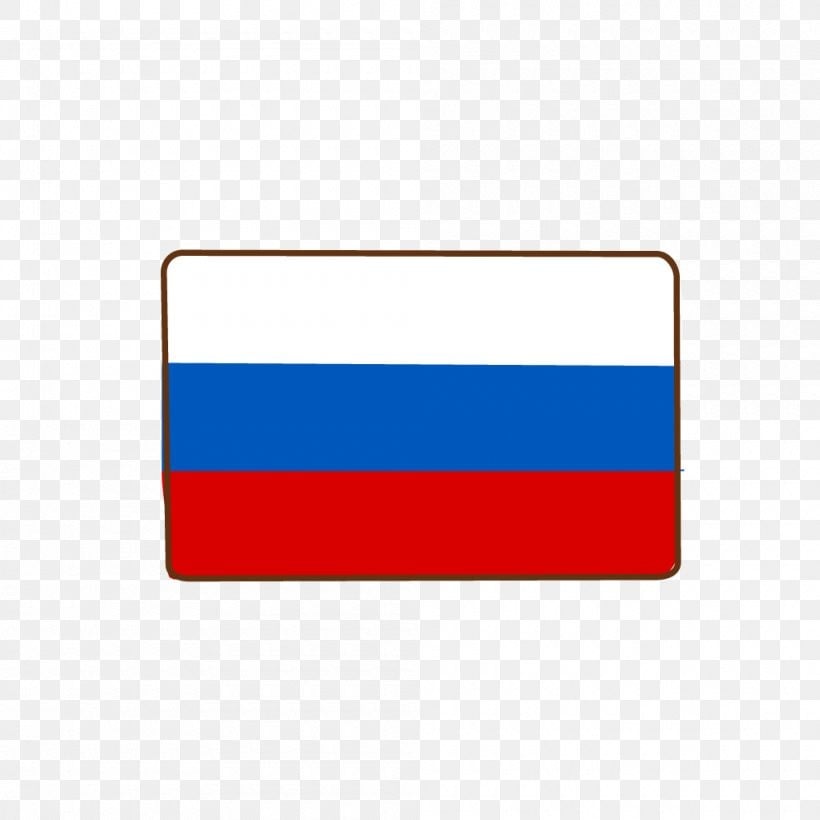 Russian
Russian
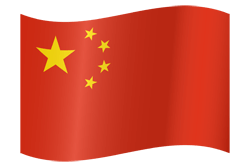 Chinese
Chinese


 +7929688-88-14
+7929688-88-14


